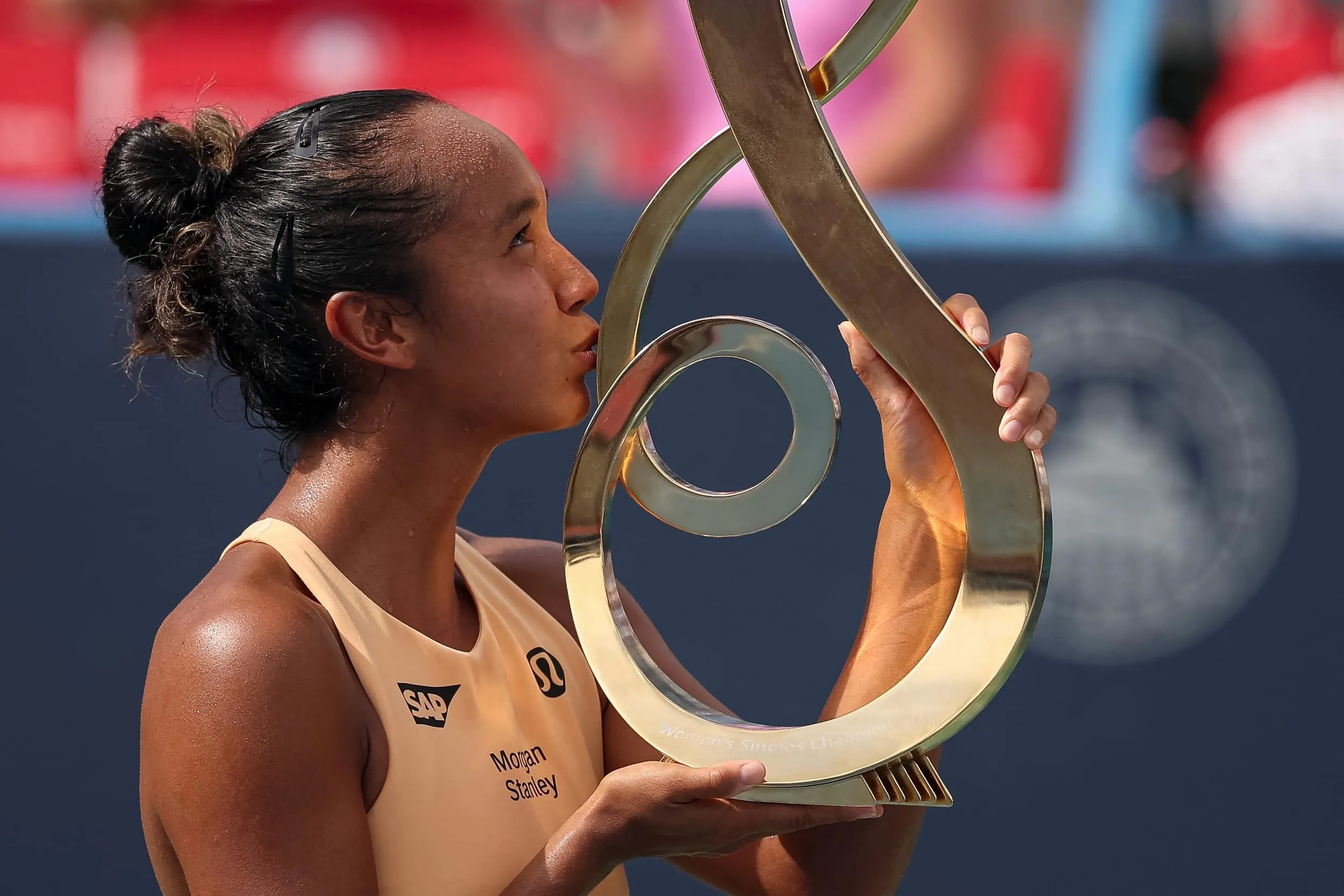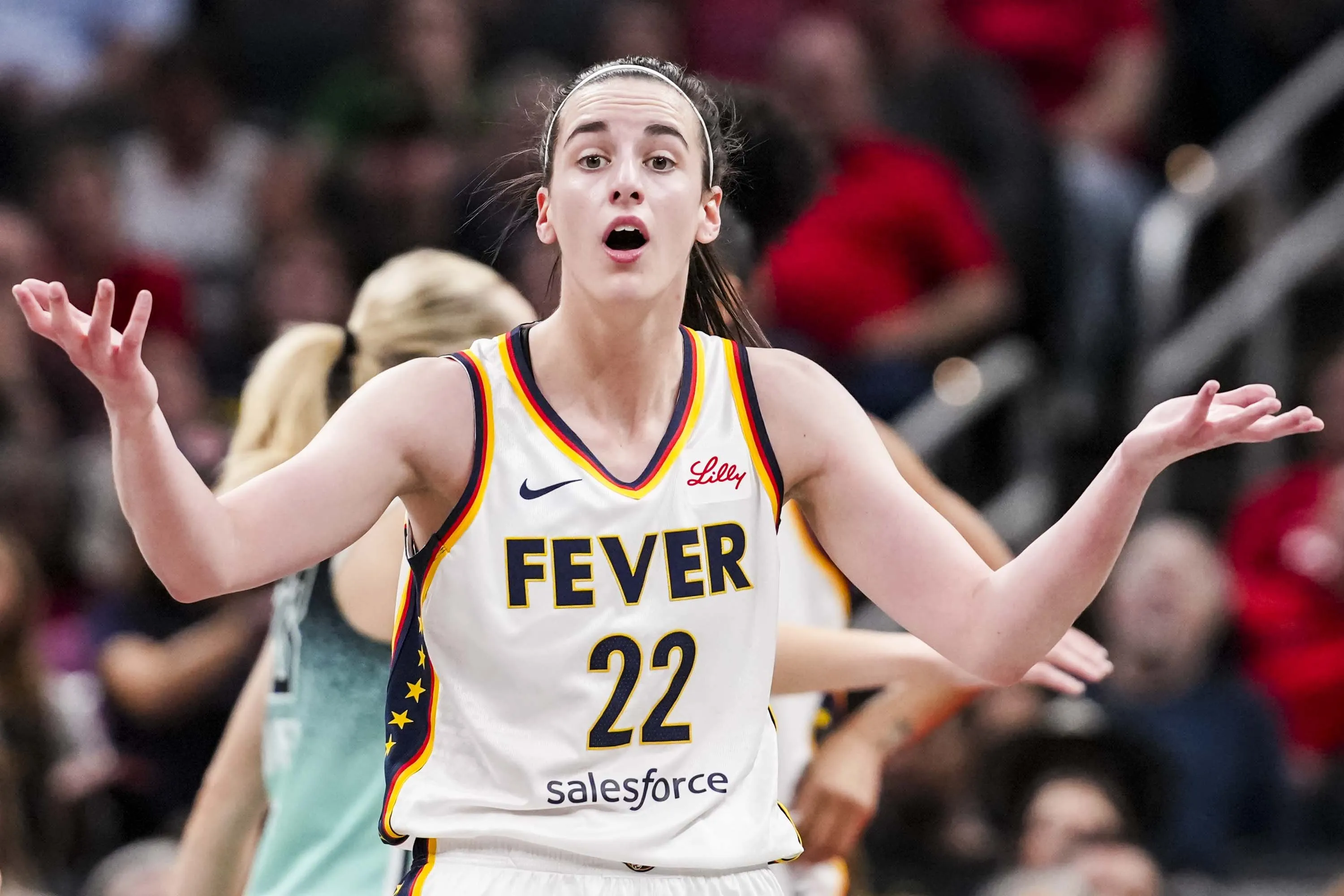Few athletes carve a path as inspiring as Dawn Harper-Nelson. Born in 1984, she climbed from a modest background in East St. Louis, Illinois, through collegiate stardom at UCLA, and on to Olympic gold in Beijing. Beyond her medals, Harper-Nelson’s resilience, reinvention, and advocacy have left an indelible mark on track and field. In this article, we trace her journey — from early days through her greatest races — and explore the person behind the podium.
Early Life & Discovering Hurdles
Dawn Harper was born May 13, 1984, in East St. Louis, Illinois. She grew up in a working-class family, the daughter of Henry and Linda Harper, with siblings Keya and Bryton among others.
In East St. Louis, she attended East St. Louis Senior High School, where her athletic aptitude appeared early. Initially competing in flat sprints, coaches recognized her potential in hurdling — an event combining speed, rhythm, and technique.
Harper won state titles and set early personal bests, establishing herself as a top high school hurdler in Illinois. Her success attracted college recruiters and helped her secure a scholarship to UCLA.

UCLA & Collegiate Excellence
At the University of California, Los Angeles (UCLA), Dawn began to cement her legacy. She competed in both indoor and outdoor events, earning multiple All-America honors. She became the only woman in UCLA history to break 8 seconds in the 60m hurdles (a 7.98 mark in 2006).
Her 100m hurdles performances ranked among UCLA’s top all-time. She also contributed to UCLA’s relay success and helped the program win NCAA team titles during her tenure.
Harper graduated with a Bachelor’s degree in Psychology (2006), balancing elite training with academic dedication.
While at UCLA, she was coached by Bob Kersee, a legendary coach in U.S. track and field, who helped refine her technique, race strategy, and mental preparation.
International Breakthrough & Olympic Glory
2008 Beijing Olympics: Gold Medal
Harper’s defining moment came at her first Olympics in 2008. At the U.S. Trials, she barely qualified — securing the third spot by only 0.007 seconds.
In Beijing, she delivered under pressure. Running a clean, composed race, she capitalized on mistakes by others (notably LoLo Jones clipping a hurdle) to seize the gold with a time of 12.54 seconds, a personal best and surprise win.
Her gold medal earned her statewide recognition, including the declaration of “Dawn Harper Day” on October 6 in Illinois.
2012 London Olympics: Silver & Evolution
Four years later, Harper returned to the Olympics in London. She ran her career-best 12.37 seconds in the Olympic final, earning a silver medal and tying the best U.S. Olympic performance in the event.
Her performance reaffirmed her status among the elite hurdlers globally. She had matured — better technique, sharper race plan, greater mental resilience.
World Championships & Later Years
Beyond the Olympics, Harper-Nelson delivered across global meets:
-
She won bronze in the 100m hurdles at the 2011 World Championships in Daegu with a 12.47 run.
-
In 2017, she added a silver at the World Championships, continuing to compete at a high level even as the field evolved.
Despite injury setbacks and seasons of struggle (including missing Olympic qualification by 0.01 seconds in 2016), she remained persistent in her return efforts.
However, in early 2017 she faced a three-month ban due to a positive test for a diuretic (hydrochlorothiazide), which she explained was from a medication prescribed for blood pressure.
Through it all, she competed with dignity and ultimately retired with one of the most decorated hurdle careers in U.S. history.

Personal Life, Marriage & Post-Athletics Path
Name, Marriage & Family
Born Dawn Harper, she later became Dawn Harper-Nelson after marriage. Her husband is Alonzo Nelson.
Before that, she was married briefly to former U.S. 400m runner Craig Everhart.
Outside the track, she has embraced roles as motivational speaker, broadcaster, and advocate, using her platform to inspire youth, especially in underserved communities.
Harper-Nelson maintains a base in Los Angeles, but she keeps strong ties to her roots in East St. Louis.
Her UCLA Hall of Fame induction (2022) celebrated both her collegiate legacy and contributions to the sport at large.
Earnings & Net Worth (Estimate)
While public figures have not confirmed precise net worth figures, her career spanned over a decade with Olympic earnings, sponsorships, appearances, speaking engagements, and post-athletic media work. Some sources mention she stayed active through 15 years in professional athletics.
Given her stature, one can infer she built comfortable financial stability, though her legacy goes far beyond money—her influence, representation, and mentorship are priceless.
Legacy, Impact & What She Represents
Barrier-Crossing & Representation
Harper-Nelson’s story is one of defying expectations. Coming from an underrepresented background, she broke onto the global stage, won Olympic gold in a surprise victory, and sustained a career against fierce competition. Her success inspired many young athletes—especially girls and those from similar communities—to see possibility beyond circumstance.
Longevity & Consistency
Many athletes peak for a cycle or two, but Harper competed across multiple Olympic cycles and World Championships. Even when challenged by injuries or regulatory obstacles, she returned. Her consistency at high levels across years is a hallmark of dedication and resilience.
Role Model & Community Advocate
She has used her voice and platform to promote education, community uplift, and stories of perseverance. Her psychology background gives her extra empathy in connecting with young athletes facing mental and emotional hurdles.
Hurdling as Metaphor
In many interviews and speeches, Harper casts hurdles not just as physical barriers but as symbolic of life’s challenges. For her, racing is not just about speed—it’s about timing, recovery, adaptation, and composure. That philosophy resonates far beyond the track.
Dawn Harper-Nelson is more than an Olympic medalist—she’s a testament to perseverance, reinvention, and purpose. From her East St. Louis school fields to Beijing’s Olympic stadium, she carried not just speed, but heart. Through highs and lows, she showed the world what a competitor, scholar, and advocate can become when they refuse to be defined by limitations.
Her legacy is not strictly in her times or medals—but in the many lives she’s touched, the barriers she’s inspired others to clear, and the message that in sport as in life, the greatest victory is to keep rising.

 Vietnamese
Vietnamese










Nguyen Hoai Thanh
Nguyen Hoai Thanh is the Founder and CEO of Metaconex. With 12 years of experience in developing websites, applications and digital media, Nguyen Hoai Thanh has many stories and experiences of success to share.